The robber had a gun in his hand and a smirk on his face.
"Y'all gonna make me kill you," he said. "Where's the safe?"
Before the robbery, Scott had skipped out under the courts' “deposit bail“ system, which requires many offenders to pay only 10 percent of their bail while signing IOUs for the remainder. In the early 1970s, it replaced a system run by largely corrupt private bail bondsmen.
The robber had a gun in his hand and a smirk on his face.
"Y'all gonna make me kill you," he said. "Where's the safe?"
There was no safe inside the Caprice Villa bar, just a handful of middle-aged patrons passing a Tuesday evening.
Shaking, bartender Marcia Williamson gave the gunman the little bit of money in her till: $115. He took cash from the customers and fled into the West Philadelphia night.
The holdup in June left Williamson, 52, traumatized.
"It was really bad. The next day, I said, 'I can't go there,' " Williamson said. "I had to go see my psychiatrist. I had to increase my medicine."
Williamson bitterly recalls the "little smirk" of Timothy Scott, the 22-year-old man whom police have charged with holding up the Caprice Villa. But she is also upset at a court system that could not keep him behind bars despite multiple arrests.
"We all know the dockets are full. They're behind. We know all that," she said. "Whatever they're doing, stop letting them out."
Before the robbery, Scott had skipped out under the courts' "deposit bail" system, which requires many offenders to pay only 10 percent of their bail while signing IOUs for the remainder. In the early 1970s, it replaced a system run by largely corrupt private bail bondsmen.

Over the next two years, the Ohio DFR Pilot Program will equip municipalities with advanced drone systems, deliver comprehensive training for first responders, and enable FAA-approved Beyond Visual Line of Sight operations.
Read More →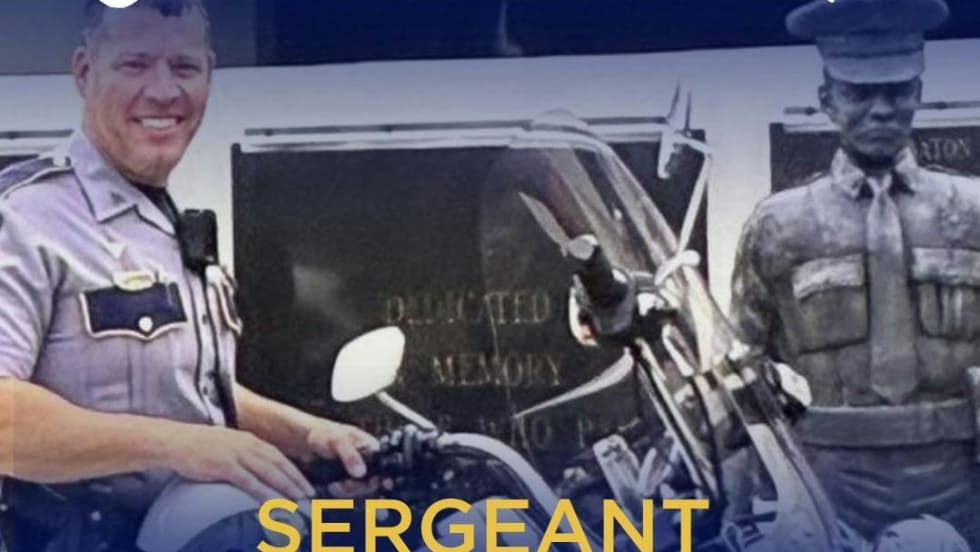
A motor officer, Sgt. Caleb Eisworth was on his way to participate in a funeral escort when he was struck by another vehicle.
Read More →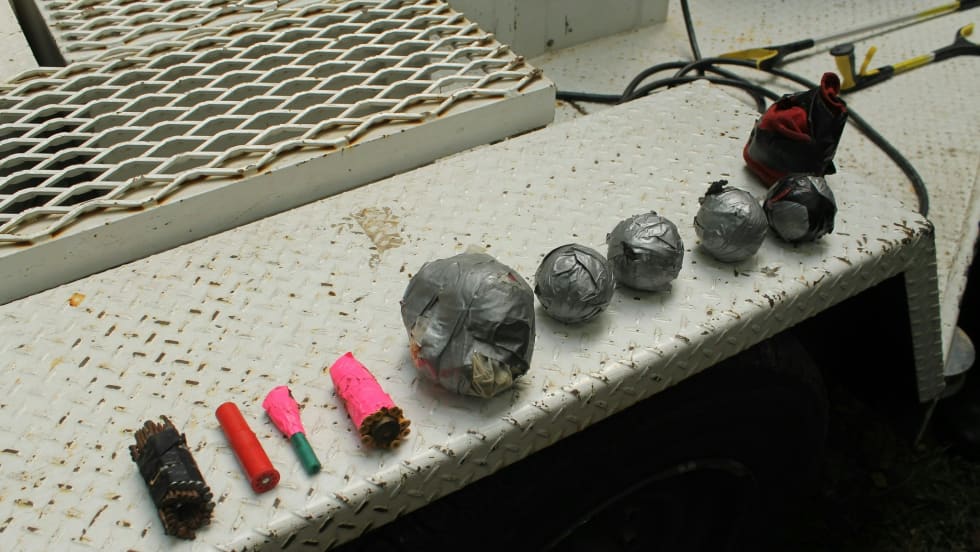
Inside the bedroom officers found what they believed to be an IED. The officers evacuated the house and called for the Chattanooga Police Bomb Squad and ATF agents.
Read More →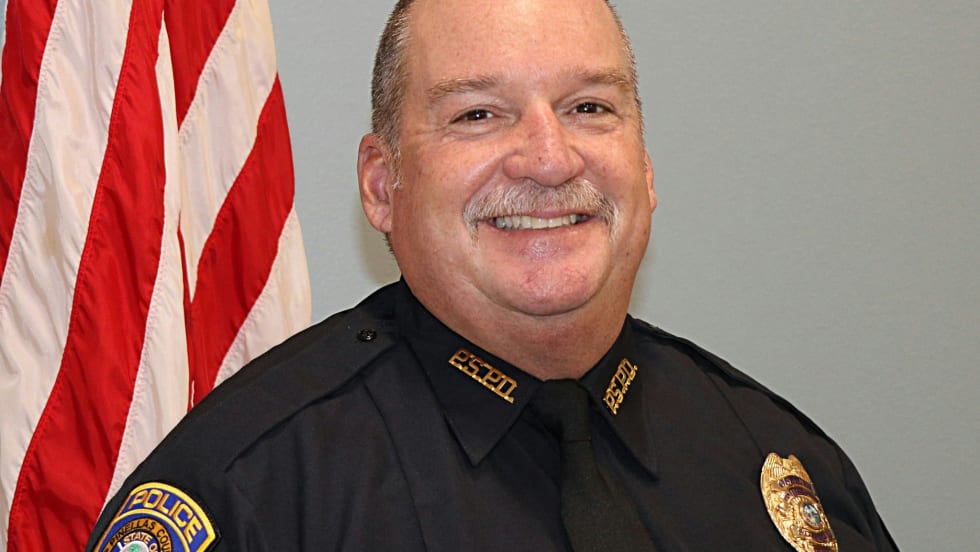
Sergeant Greg Graff was “preparing school leaders for the upcoming year during a safety training program at Clearwater High School,” the school district said.
Read More →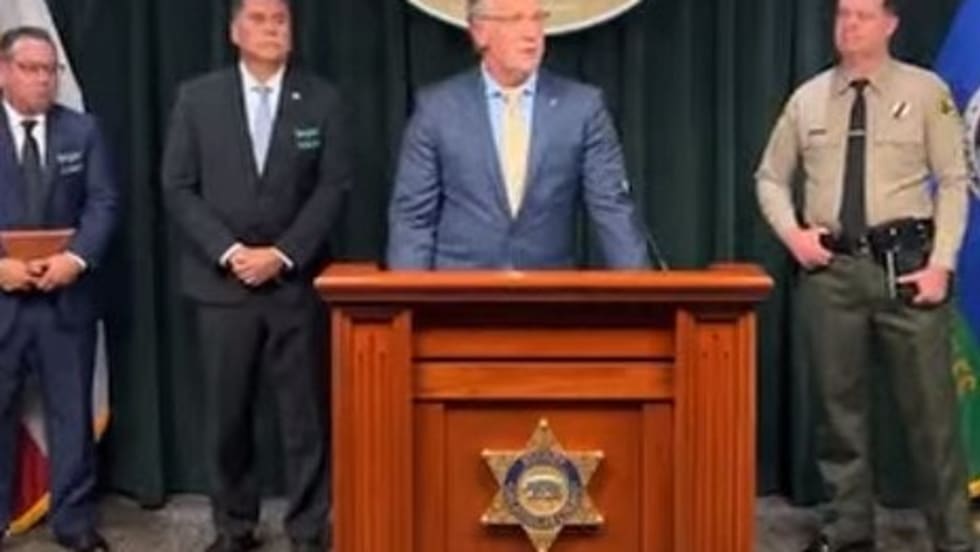
ATF Special Agent in Charge Kenny Cooper said definitively that only one grenade detonated at the facility on July 18.
Read More →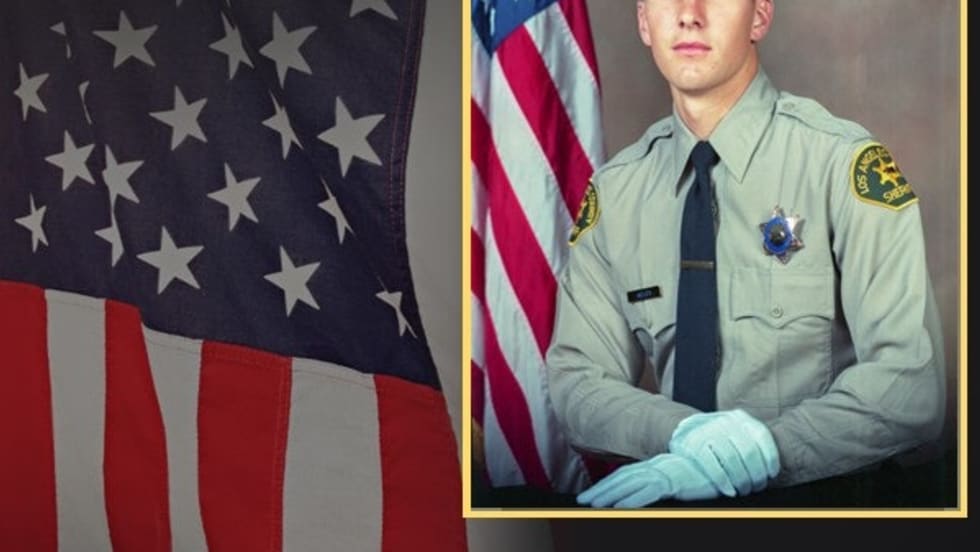
LASD said Detective Joshua Kelley-Eklund, Detective Victor Lemus, and Detective William Osborn who were all assigned to Special Enforcement Bureau’s Arson Explosives Detail were killed in the incident.
Read More →
The Maryland State Police Aviation Command Trooper 7 crew, the MSP helicopter based in California, Maryland, were monitoring the county dispatch radio, overheard the dispatch, and self-launched.
Read More →
At press time the names of the deputies had not been released. Sheriff Robert Luna said one had served for 19 years, another for 22 years, and another for 33 years.
Read More →
The vehicle’s air conditioning failed because of a malfunctioning compressor and its heat alarm did not function, according to the sheriff’s office.
Read More →
Deputy Saunders rushed Sam to the vet as soon as soon he noticed the dog was in distress after the training, the sheriff’s department said.
Read More →